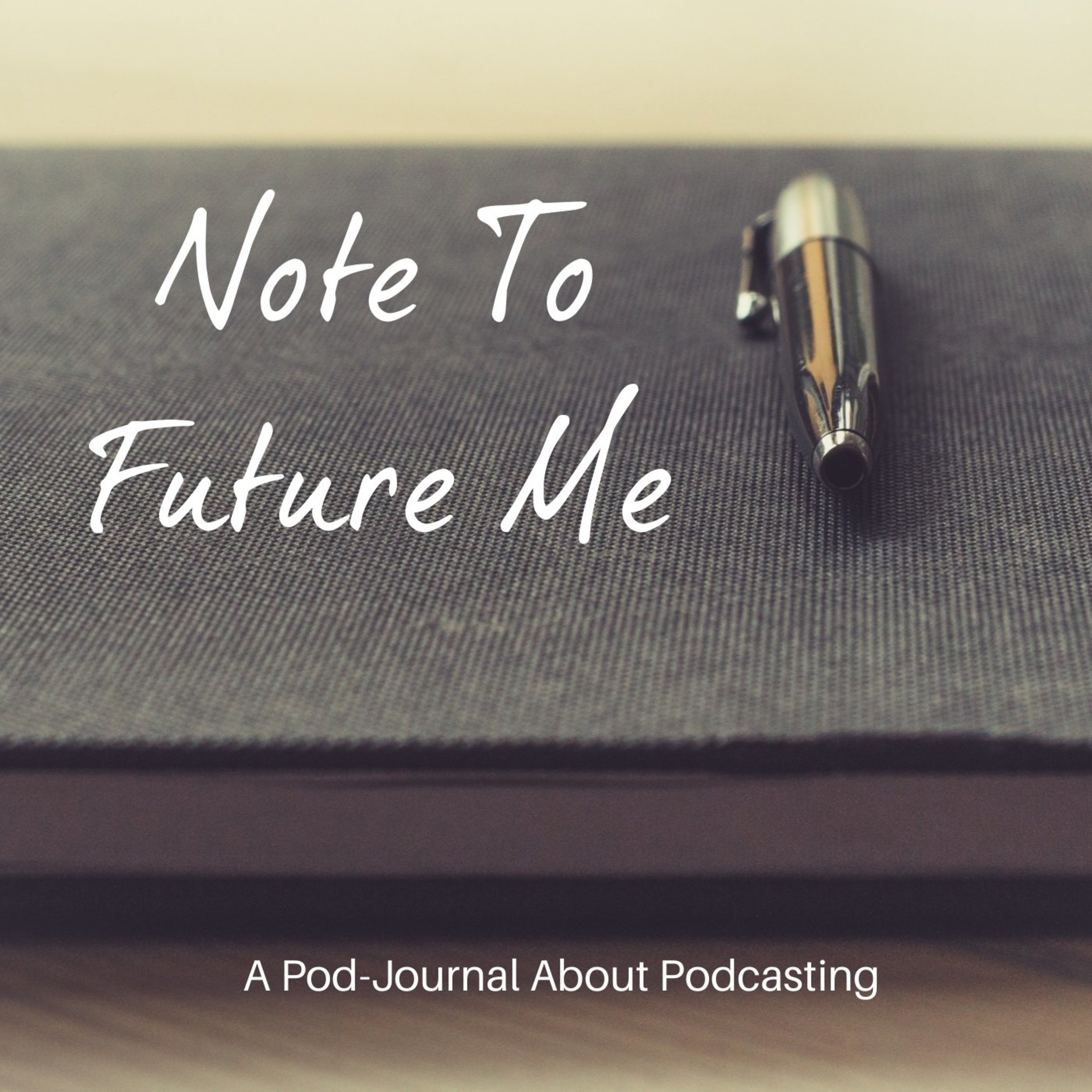Podcasting And Your First Amendment Right

Typically, I use this podcast to talk to you about the business of podcasting, using podcasts for your marketing needs for your business.
But it's kind of hard to do that right now. Amongst everything that's going on with the death of George Floyd that was recorded and shared across the Internet while he was in police custody.
There is a lot of anger, frustration and fear right now boiling across our American cities and it just doesn't feel right, right now, to be talking about the business of podcasting. Additionally, I'm not looking for a platform to jump on the bandwagon to say, "Yes, I'm another white person, and this needs to stop."
Well, yes, it does, of course.
And hopefully I've been doing all that I can before and after this to make sure it doesn't continue. I just don't want to be another voice on social media saying it shouldn't happen and then seemingly go away.
My point with this podcast episode today is that we need to be very, very careful and very appreciative that we have podcasting to help fulfill our freedom of speech. And actually our freedom of assembly, if you think about it, with guests that you bring on your podcast.
You have the freedom to go into a studio, or in your home, and record an episode utilizing your right to free speech.
We have to be very careful that it doesn't get infringed upon right now. Whether you like what he posts or not, whether those posts are inflammatory or not, President Trump has gone against term of service of Twitter and Facebook. And they do have the right, as a business, to take off what he has said, tweeted and posted on their social media sites.
We don't have that problem with podcasting.
We have the freedom to record and to post anything that we wish to say. Now, that is limited as well, though, if you're using a podcast hosting platform. They, of course, and you, of course, have agreed to their terms of service with what you say.
But there are opportunities to be able to say what you want to say by hosting that audio on your own dot com. That being said, I'm not saying that you can use it to post inflammatory remarks or racist remarks, not meaning that at all. What I'm saying is there is not a company out there that is telling you what you have to say, or can't say, in your podcast, when you utilize the tools that are out there.
We have to be very careful to make sure that we protect those rights.
I am not in total agreement of taking down what a representative, or a president, has said. Because the more we allow them to talk, the more we do understand them. And it becomes more and more evident of where they stand on things and what they're trying to do, what they're trying to implement.
If we stop them from talking, we will know less about them.
We have to be careful not to let government interfere with that. And we have seen a lot of government takeover of our rights. Be it through health concerns, through COVID-19, I think that the measures were necessary. We'll never know if the implementation of work from home, stay at home was too much or not. We'll never know. But we are looking to come out of it because of what we did do.
But those measures were put in play very quickly by the government.
We have to be careful. We have to safeguard what is ours because we are in this country. The freedom of speech, the freedom of being able to come together and talk, and to petition and redress grievances with the government. Those are very, very important to us.
Podcasting continues that voice. We need to continue to talk about these issues as time goes on. Don't stop talking about them. Utilize the tools that you have. If you run across any stumbling blocks, those that want to quiet you, go around them and continue to talk.
Because we need to get these deep rooted issues talked out. And we need to...